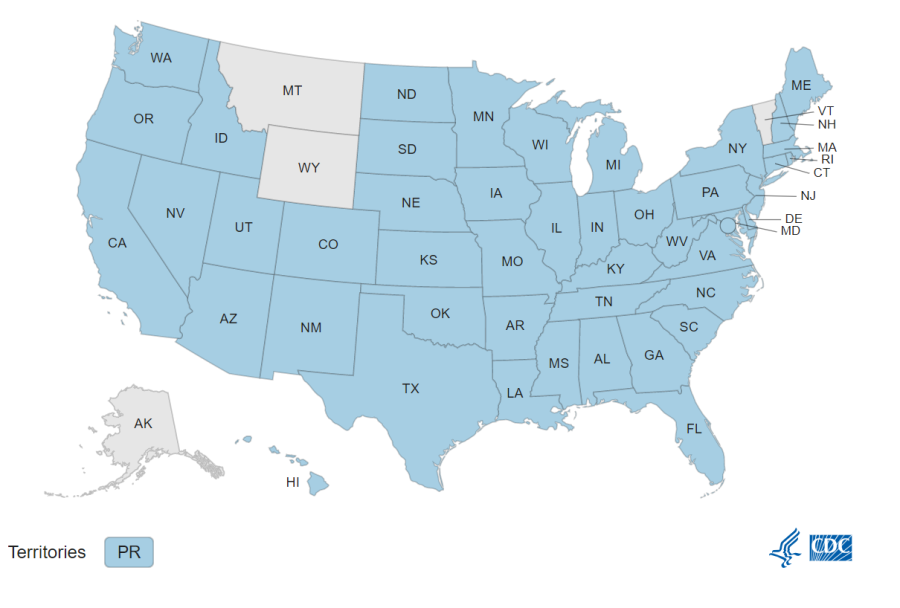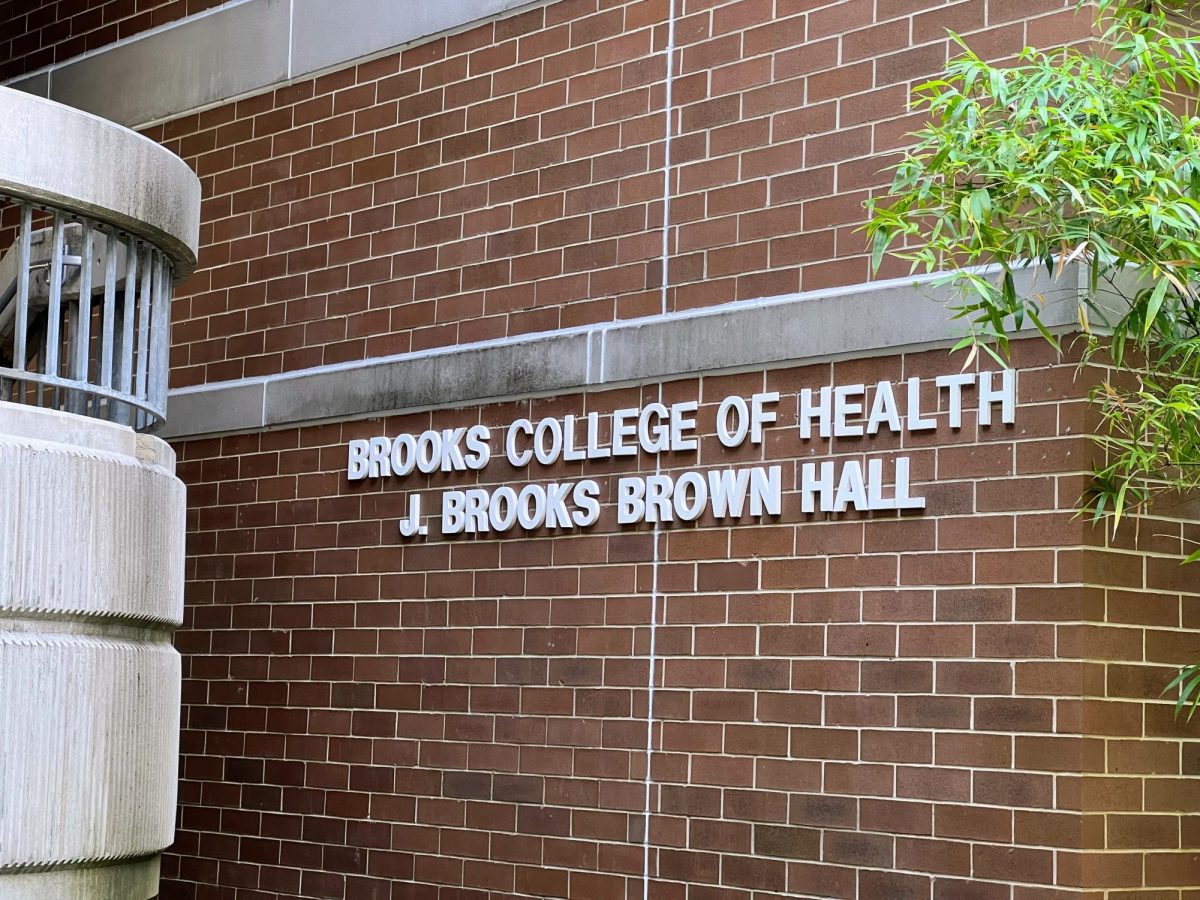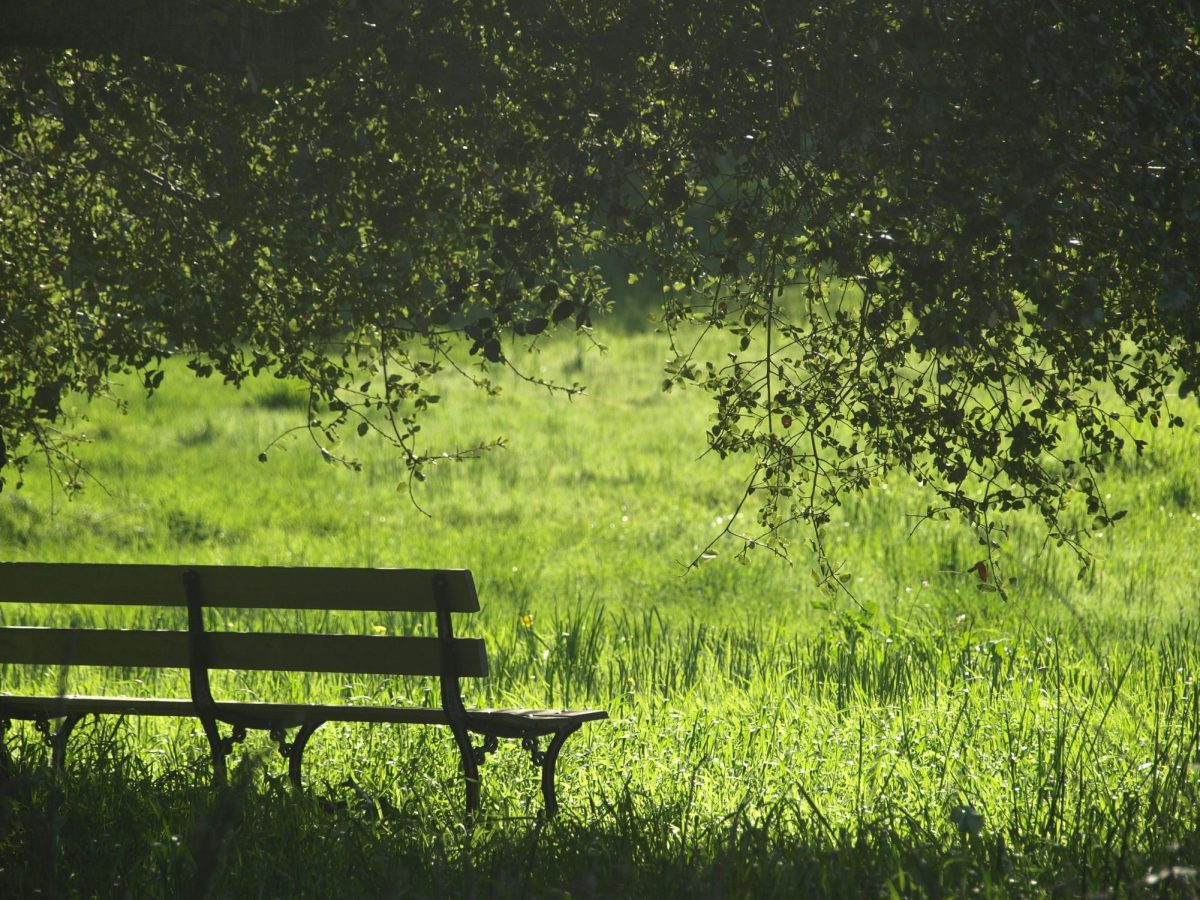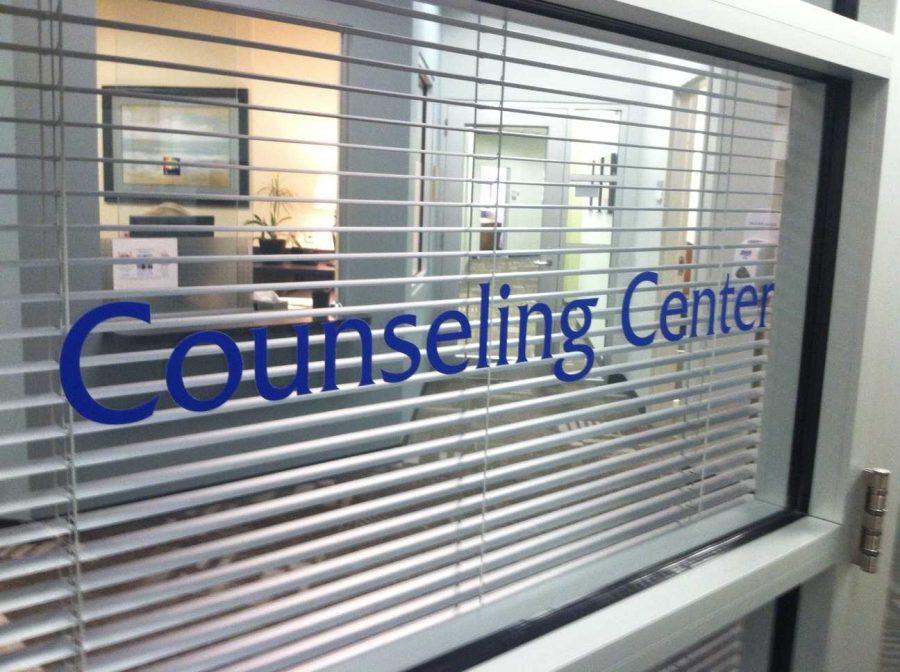Jacksonville detected multiple cases of monkeypox last week, shortly before the World Health Organization declared it a “global health emergency.”
Monkeypox—like its infamously extinct relative, smallpox—is a virus that mainly causes rashes. However, it’s much less severe than both smallpox and even COVID-19 unless you are immunocompromised.
The revelation of close-to-home cases wasn’t too surprising to University of North Florida (UNF) public health professor Dr. Amber Barnes. She explained how once the United States had its first confirmed case, it was inevitable that it would come to Jacksonville, one of the most populated cities in one of the nation’s most populated states.
“It does tell us that we’re not in a protective bubble,” she said.
While cases are still likely to increase, she encourages having discussions on this virus, but not to panic.

For returning students, she recommends practicing caution.
Unlike previous outbreaks of monkeypox, which have been spread from animals to humans, this particular strain can spread from human to human, so it’s important to keep that in mind and be safe when on campus. Keeping an eye out for symptoms from yourself and others can help reduce the possibility of contraction.
One thing the CDC noted is that there appear to be more cases in gay and bisexual men, but Dr. Barnes was adamant that it’s important not to stigmatize this.
While she admitted that the case numbers could be “scary,” they fall short of many other prominent non-COVID diseases like the flu and others, most of which are far more severe and deadly than monkeypox.
She is fairly certain that cases will still increase for a time, she does not believe that it requires any level of panic, as monkeypox is not an exceptionally deadly disease, nor is it new. Awareness and experience with outbreaks and monkeypox in particular, in addition to its reduced lethality and severity, means it will likely not become as prevalent as COVID-19.
“If you’re a predominantly healthy person, this is going to be something you can deal with on your own,” she said.
That being said, she does still recommend being alert for it. Should you contract it, stay away from people and just let it pass, as chances are it will not require medical treatment. Good communication will help curtail this outbreak, she explained.
“Anyone can get it,” said Dr. Barnes
___
For more information or news tips, or if you see an error in this story or have any compliments or concerns, contact editor@unfspinnaker.com.
















